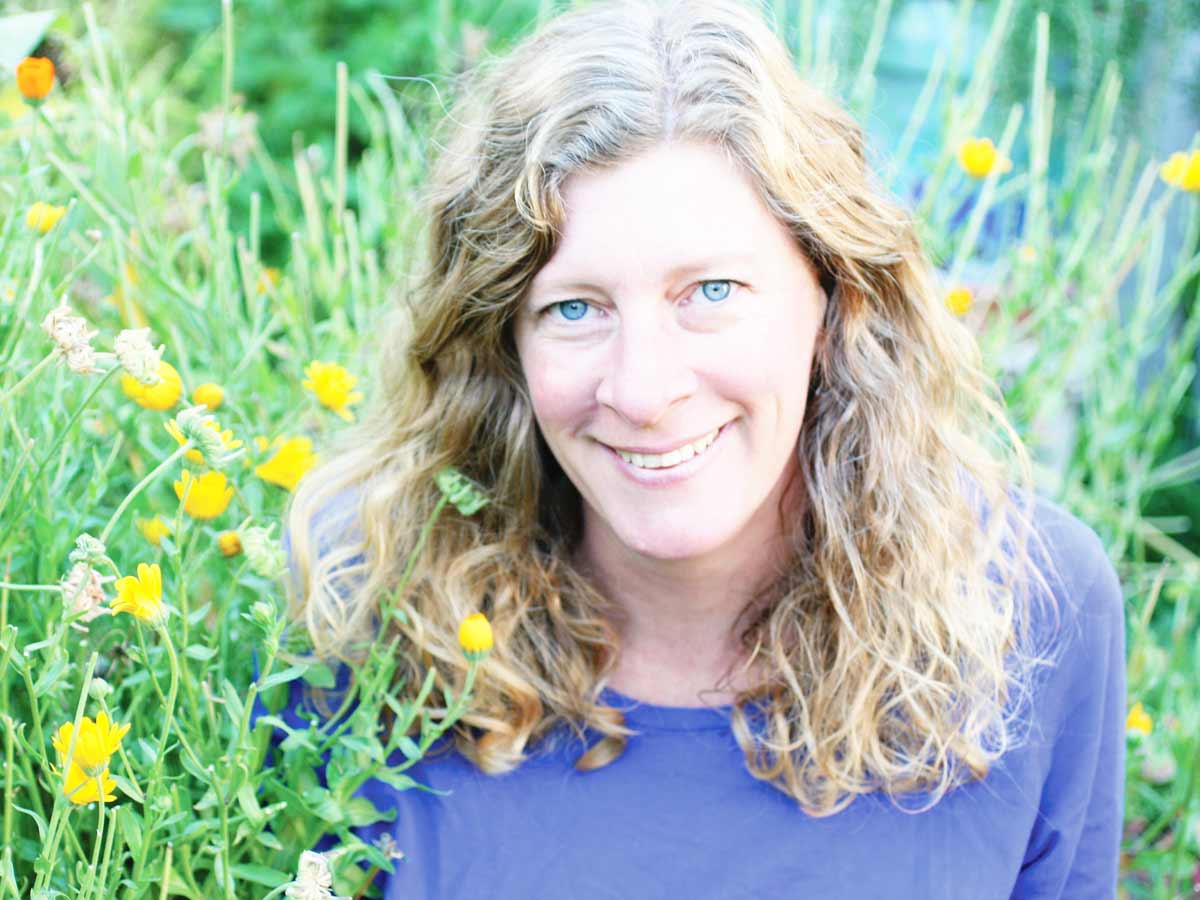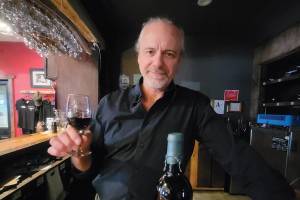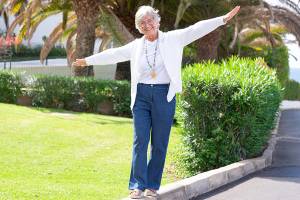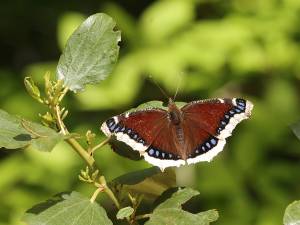This article contains affiliate links. As an Amazon Associate we earn from qualifying purchases.
By CARRIE SCOZZARO
Over the past two years, our already health-obsessed culture has been even more keenly interested in health and medicine. We have nearly instantaneous access to more medical information than at any time in history, yet we still find ourselves pulled in two directions: conventional or alternative medicine. Which way is best?
We shouldn’t have to choose, said Elaine Sheff, a graduate of both the Rocky Mountain Center of Botanical Studies and the Southwest School of Botanical Medicine.
“I’m grateful for [conventional] Western medicine,” Sheff said, adding that emergencies and other situations call for conventional medical responses.
However, for chronic conditions, people might consider alternatives, such as herbalism, said Sheff, who co-founded Green Path Herb School in 2013.
If you’ve felt peppier around peppermint or more relaxed around certain flowers, like lavender, you’ve experienced herbalism. And that warm flush from a particularly spicy meal? That’s herbalism, too: the medicinal and therapeutic use of plants.
Another example of herbalism is coffee, which is overused in our culture, said Sheff, yet we use the plant therapeutically—with a specific outcome in mind.
“Especially as people age, it’s just really important to educate yourself and look at all your alternatives,” said Sheff.
Really gentle, common herbs like nettles, dandelion, and red clover can be used on their own, she said, noting herb-drug interactions can be tricky.
“So if you’re on pharmaceuticals, or have a serious disease or significant health problems, you definitely need to involve professional help,” she said.
There is a lot to know about herbs, which is why in 1994 she and partner John Goicovich started Meadowsweet Herbs in Missoula. They sourced, foraged, and grew herbs, taught classes, and offered individual consultations.
One of the more popular herbal remedies during those early years in the business involved St. John’s Wort, which people often used to address their depression, recalled Sheff.
Knowing about herbs is an important component of herbalism, too, which is why, after 18 years, the couple sold Meadowsweet and founded Green Path Herb School, also in Missoula. They offer beginning to advanced programs, short workshops, even one-day lectures.
Their larger certification program, for example, underscores the school’s broad-based approach to herbalism. The program covers permaculture, gardening, wild foods, and botanical drawing, but also herbal perspectives on health issues, aromatherapy, nutrition, and both Western and Eastern medicine.
They’ve seen more older folks—people who are retired or have the time and interest—in their classes, including their larger certification programs, said Sheff.
Green Path also offers online resources and classes. Sheff publishes a digital newsletter, for example, and makes available several of her books, like Ten Healing Garden Herbs.
Sheff was influenced by her mother, who was into supplements, vitamins, cooking, and gardening. When Sheff was 19, however, her interest in herbalism was piqued by her dog’s unfortunate illness. When conventional veterinary medicine didn’t address the issue, Sheff looked into and tried herbal medicines on the pup, which she said helped.
That was a catalyst for her career path. Schiff studied conservation at University of Colorado and set out to become an herbalist. Along the way, she became certified as a Natural Family Planning instructor and joined the American Herbalist Guild, a national educational organization for a variety of practitioners.
“What it takes to become a professional [Guild] member is rigorous, but also not exclusive,” said Sheff. They work with many practitioners, from Native American to Ayurvedic practitioners, whose depth of knowledge may not include so-called Western schooling.
Sheff’s interest in herbalism is part of a holistic relationship to others and to the Earth. For example, Sheff is an avid gardener, does some foraging, and is conscientious about what and how she does both because of the impact she might have on the ecosystem.
“I don’t feel [my actions are] just for me,” said Sheff. “It’s for the critters, the worms, the birds, whatever is in the Earth.”
These are lessons she hopes to impart to students, too. “It really, really is about the entire ecosystem.” MSN









